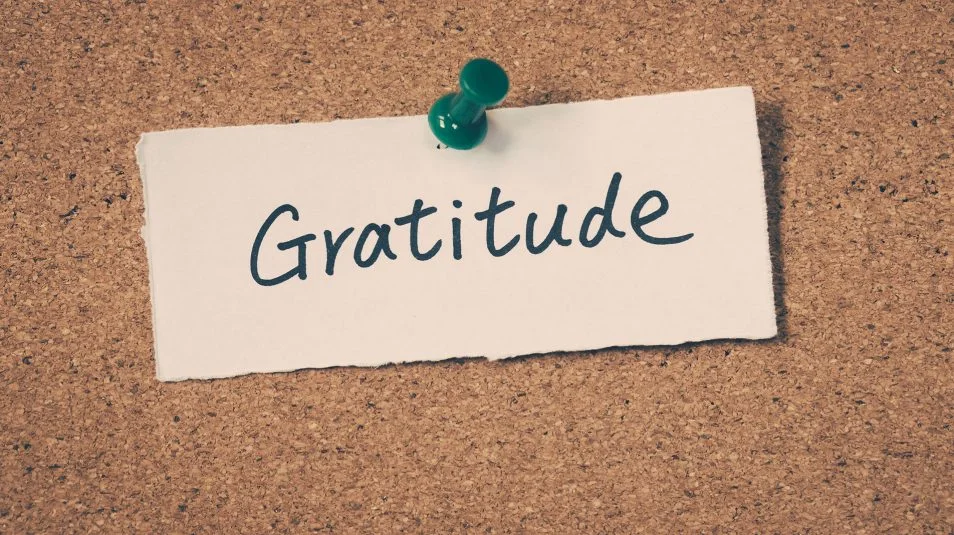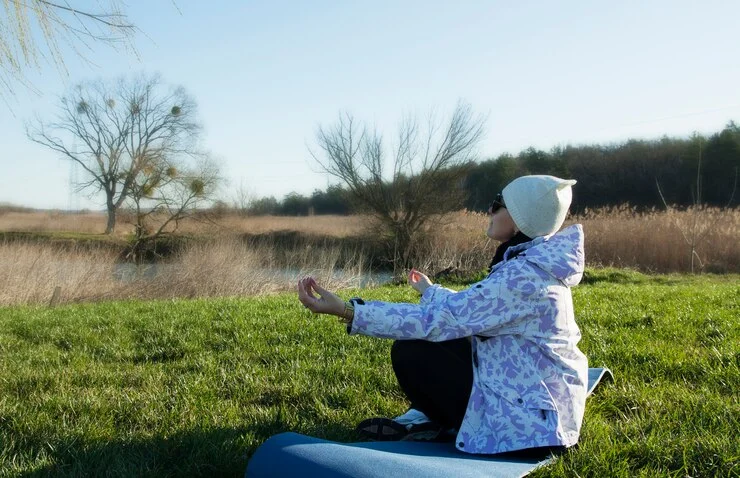-
129, Block-A Bangur Avenue, Mousumi Appartment, Kolkata 700055
129, Block-A Bangur Avenue, Mousumi Appartment, Kolkata 700055

With the fast pace of life these days, it has become very essential to keep track of one’s mental health. A large number of people face depression, anxiety, and stress. Each of these evils can be easily seen in a numerous number of people all over the world. Despite many treatments given to the troubles regarding mental health issues, one easy yet rewarding practice has emerged more fashionable in the past few years: that is, gratitude. Practicing gratitude brought crucial improvements in mental health, offering a new way to deal with depression and other emotional challenges.
In this blog, we’ll see in detail how we can prove that it helps us to favor our well-functioning mental being and brings awareness into fighting depression with mindful practices of gratitude. Let’s read some expert insights along with practical tips to help you make gratitude a part of your life.

Actually, thankfulness simply refers to the acknowledgment and appreciation of good things or things that go right in your life, no matter how small. It is simply being thankful for a warm meal, a good word from your friend, or the attractiveness of nature. In fact, it only requires very small changes in mindset that might lead to really significant changes in mental health, evidence-based research says.
It conditions your brain to believe more in the positives. Gradually, that leads to a downfall of the negative emotions causing depression, anxiety, and stress.
Gratitude practice is endorsed by scientific research and proven by real-life experiences too. Here’s how practicing gratitude might help you altogether:

Being thankful doesn’t have to be difficult. Here are some simple yet impactful ways you can practice gratitude and improve your mental wellbeing:
Although gratitude is one effective intervention for boosting mental health, it must not be equated with a treatment for depression, especially for such cases that fall within the range of moderate to extreme. Mental health professionals, such as the best psychological counselor in Kolkata, help patients with depression undergo a series of therapeutic procedures to heal them totally.
Gratitude can be supplementing professional therapy as a daily practice that builds mental resilience and supports emotional regulation. However, if symptoms of depression linger on, find a professional counselor.
Read here for more:- How to Overcome Depression
Some days, depression becomes too hard to deal with because of strict religious practice on a regular basis of gratitude. That’s when professional consultancy is needed at that time. There will be the best psychological consultancy in Kolkata, which will provide customized therapy to overcome depression with CBT-backed methods and mindfulness-based therapy, as well as expert remedies.
A licensed counselor also provides:
If you are in Kolkata, contact Mind’s Eye, said to have some of Kolkata’s finest psychological counselors, might be the first step towards taking hold of your mental health.

A: As they say, the proof is in the pudding. Building mental toughness through the development of thankfulness also encompasses optimistic thinking and emotional fortitude. Yet nobody claims that it’s a cure-all or even a substitute for professional care when it’s at its worst incarnate, like in cases of intense depression.
A: Such positive effects of gratitude practice might vary with individuals. While some might see an improvement in their mood and feeling well in some weeks, others might take more time. What’s crucial is consistency.
A: Gratitude practice shifts the focus of attention from worries and fears to the positive aspects of life, which is therapeutic for reappraisal of the situation and removal of symptoms of anxiety. Mindfulness is induced by gratitude that would reduce the amount of stress that aggravates anxiety.
A: There’s no particular time, but most people prefer to practice gratitude in the morning so that it makes a good atmosphere for the rest of the day or before bed as a reminder of good things before drifting off to sleep.
A: Yes. Gratitude practice does pair well with other therapies such as Cognitive Behavioral Therapy (CBT), mindfulness, and meditation. Gratitude practice adds to the existing benefits derived from those approaches.
Practicing gratitude is pretty simple yet very effective in improving the mental status and combating depression, as it encourages good thinking, emotional resilience, and even strengthens relationships. It is not an alternative to proper therapeutic treatment but that perfect complement that should be utilized accompanying therapy or included in regular practice aimed to maintain healthy mental status.
If you’re depressed, it will be better to start with the practice of gratitude first, but it cannot be done alone; instead, take your way to one of the best psychologists in Kolkata to guide and assist you through the various challenges of depression. Another thing you can do is seek the help of a counselor to design a comprehensive intervention program that includes gratitude, therapy, and other empirically validated practices, possibly helping you better improve your mental well-being.
Do something today—the act for your mental health.